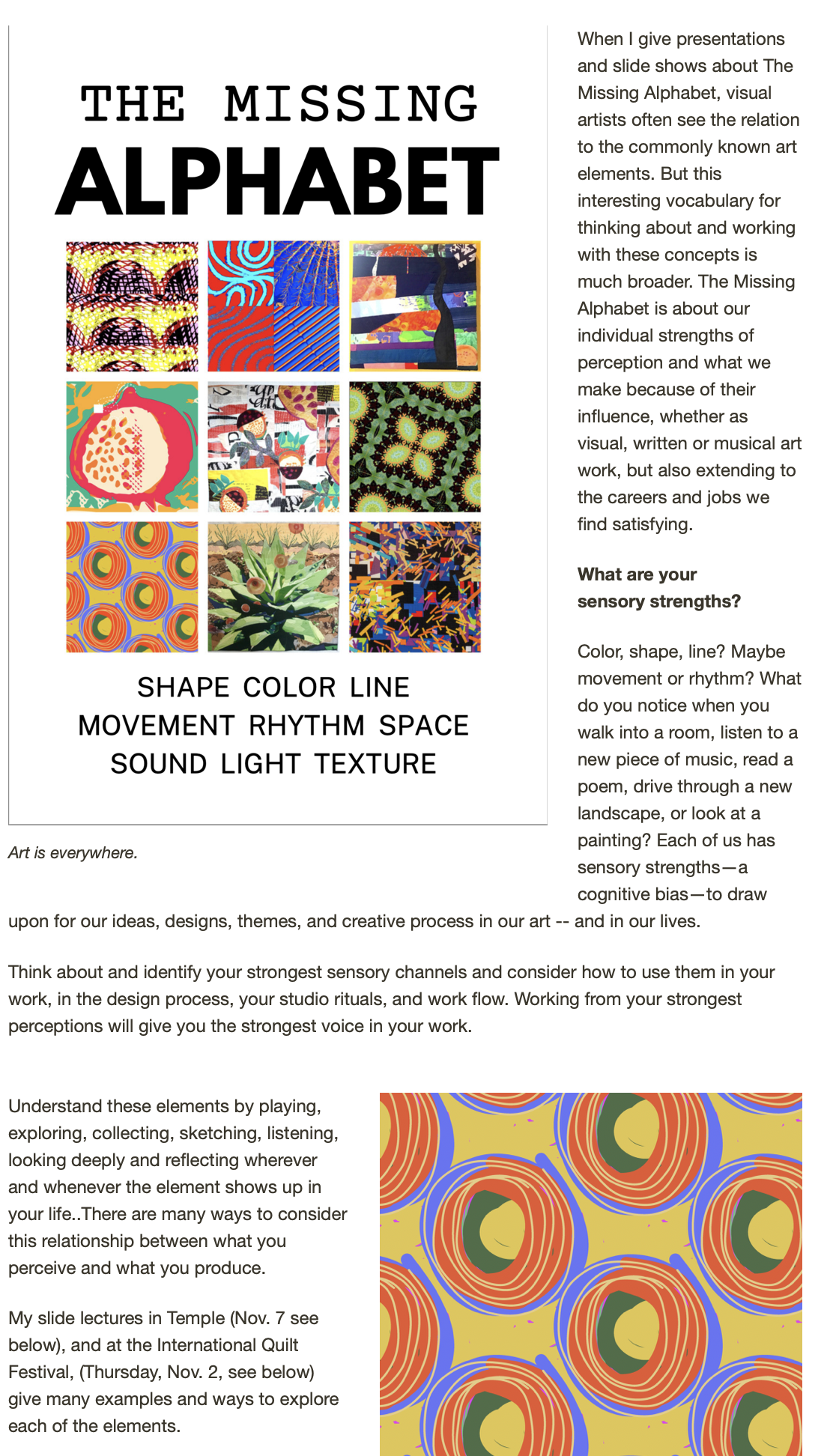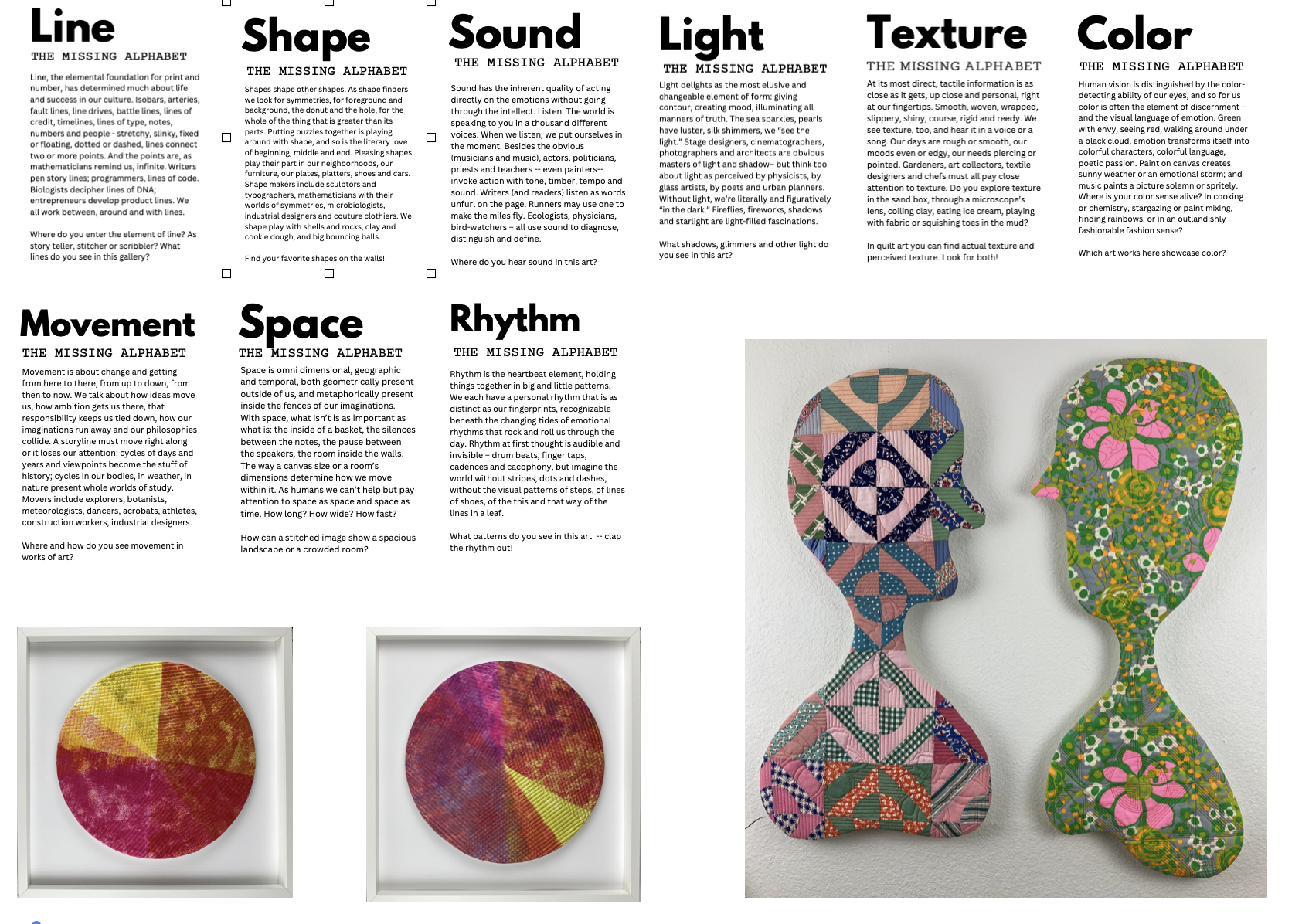

Sometimes, it takes time for things to come around, to come to fruition, to make sense.
In a former life as an arts-in-education designer and educator, my colleagues and I fought an uphill battle to demonstrate the importance of creative thought as a lynchpin of public (and private) education. Although our non-profit, Learning about Learning Educational Foundation, was a model program, garnered prestigious awards, and for 15 years succeeded with finding funding and delivering amazing programs, training and products, we knew we were ahead of our times. Since the foundation closed in 1986, neuroscience and brain research has affirmed what we knew from experience: we humans construct our knowledge; we create meaning and knowledge from rich environments; metacognitive practice and understanding aids our development; and that each of us is an absolutely unique learner and creator.
What we also know: Children, given access to individual strenghts as creative beings; given processes to nurture, communicate and work from their creative selves could find pathways to success -- in school, in life, in careers.
Susan Marcus and I worked for several years to write and publish NEW WORLD KIDS, The Parents' Guide to Creative Thinking, for the parent audience -- mainly because we knew the frustration of trying to turn the huge bureaucratic bulk of the educational "system," and because we wanted the proven tools we had developed for nurturing creative thought to be in parents' hands. Now, with the book published, the educational -- particularly the outside-of-school educational world is paying attention (again?).
Susan, Cindy Herbert (another colleague from LAL) and I just completed a teacher training session for 20 plus educators -- about half of them from the Dallas Museum of Art -- and another batch from other out-of-school-time programs. The immediate aim was to train the DMA folks to run a two-week 5-year-olds' program this summer based on the book and on the program that has been operating in Ridgefield, CN, at the Aldrich Contemporary Art Museum.
The immediate program will be great -- and we know from Aldrich -- an eye-opening experience for parents and their kids who participate. But more importantly, we see that perhaps these ideas are coming to fruition in a new scale and scope. One of the wonderful things about the Dallas time was that we reconnected with others whose common foundation -- exposure and work with one time or another with Paul Baker -- led to an immediate ability to speak the same language.
Now, I have to figure out how this new strand (I guess, it's acually an old strand re-spun) fits into my life as a working artist. What do I want to do with these new demands to teach, train, create materials? How do I continue my own creative journey? We (Susan, Cindy and I) are wise in our own strenghts and interests, know what and how we want to live our lives (and that's not in an airport or motel room on the road).
Plus on top of all this, I'm blossoming with possibilities for my own quilting-arts teaching -- I've been asked to tape a segment for Quilting Arts TV and a one-hour workshop for the Quilting Arts video series. Wowser. Plus I AM going to do my own on-line teaching and launch a test by the end of the month.




